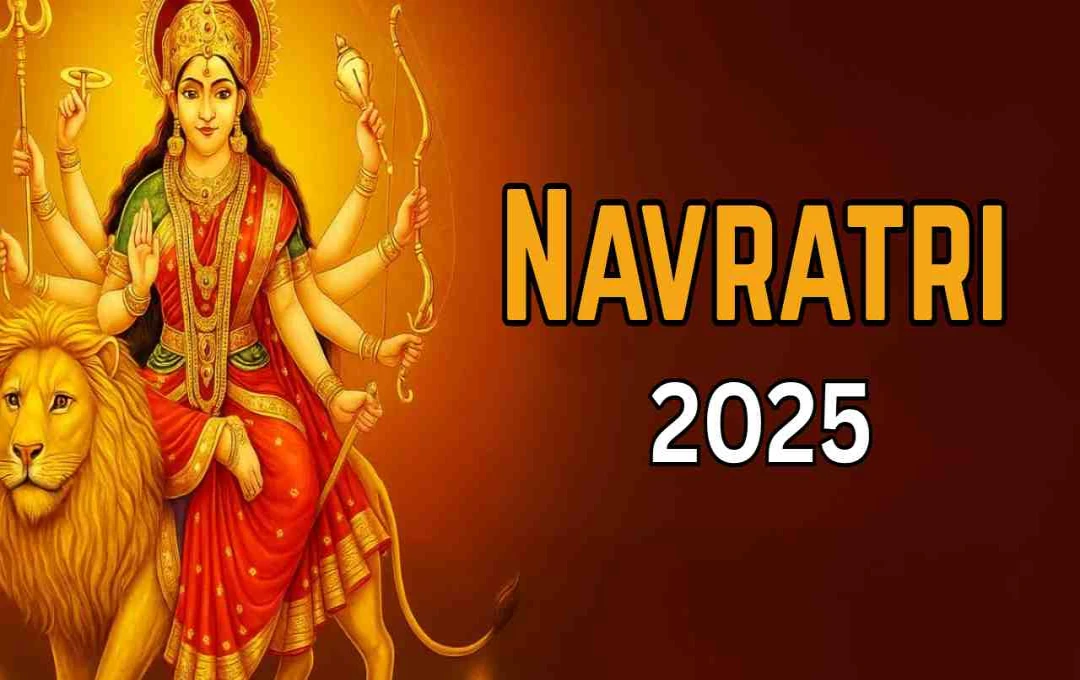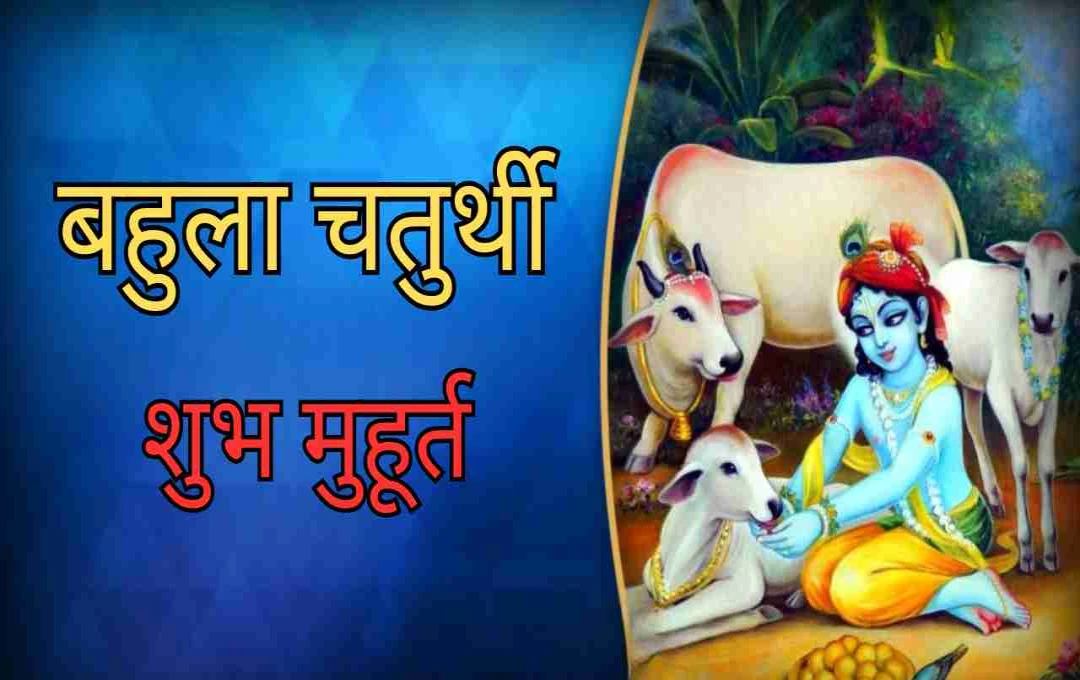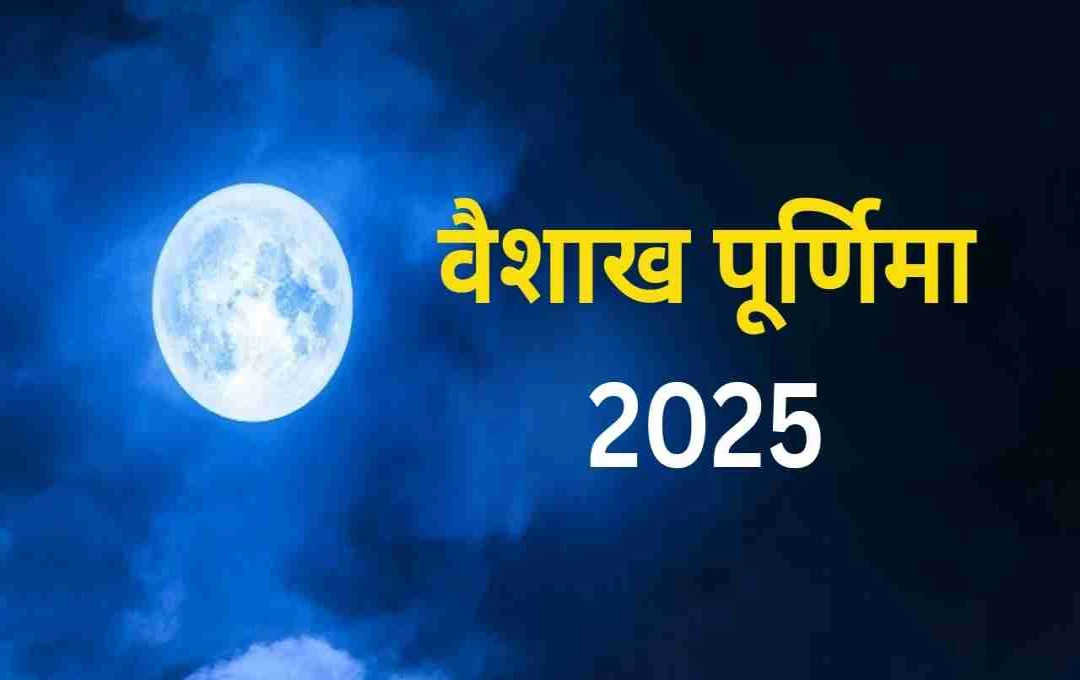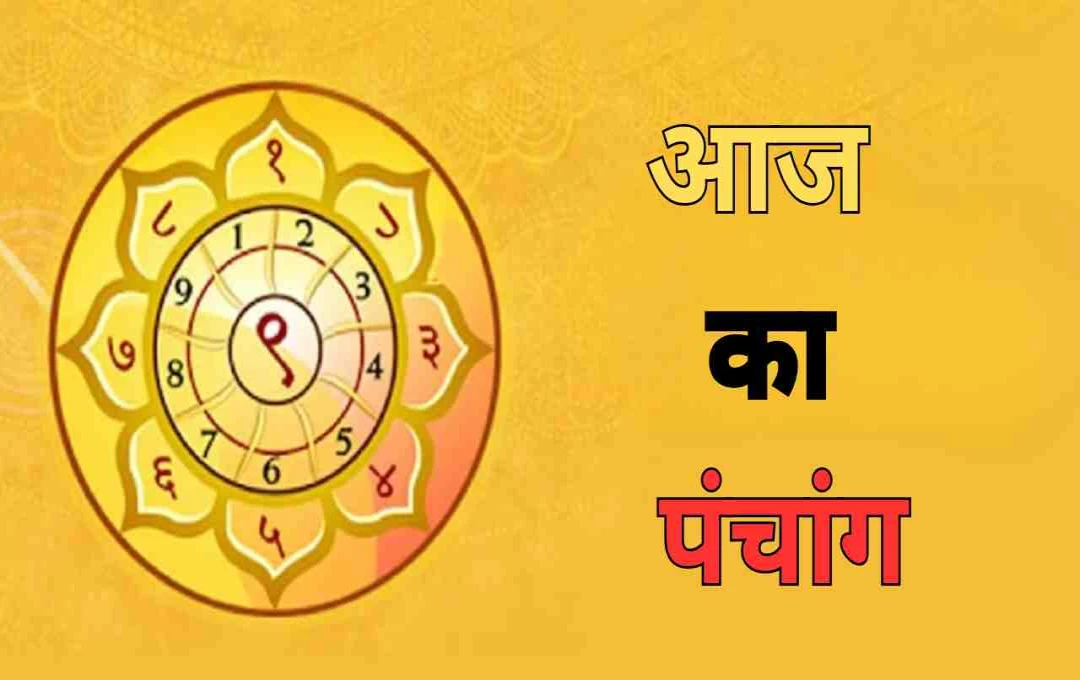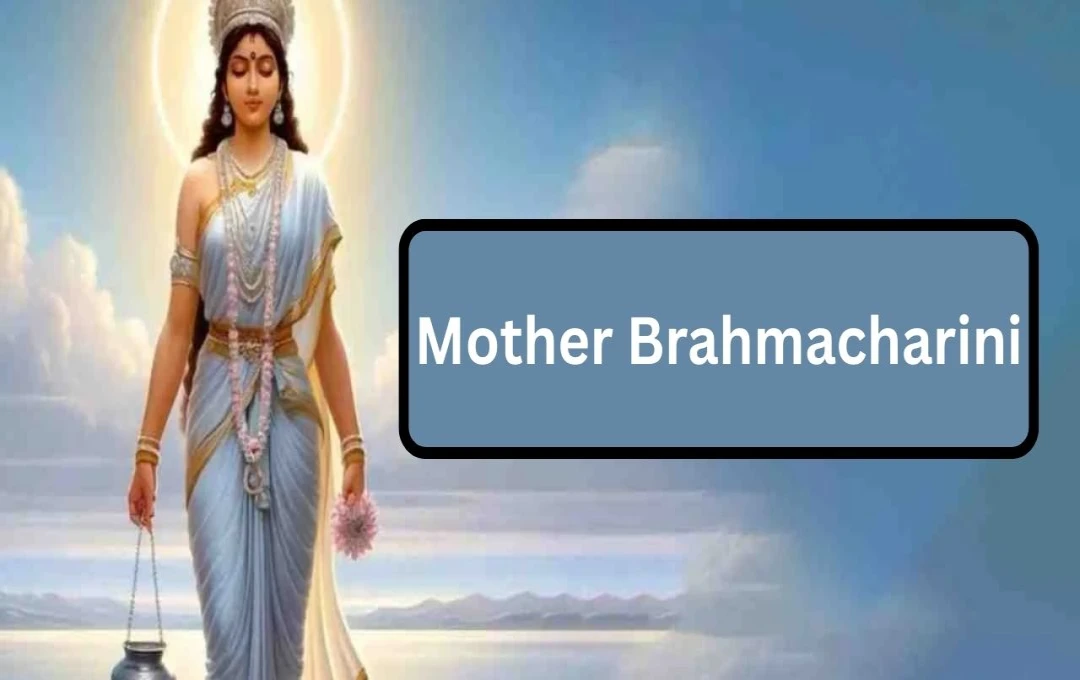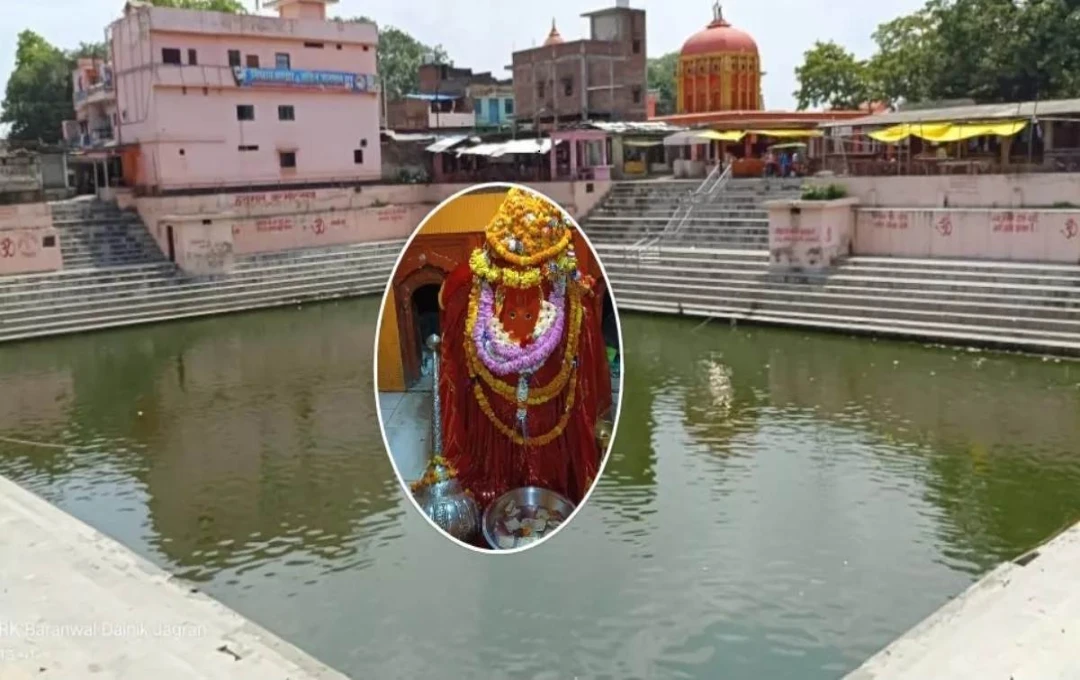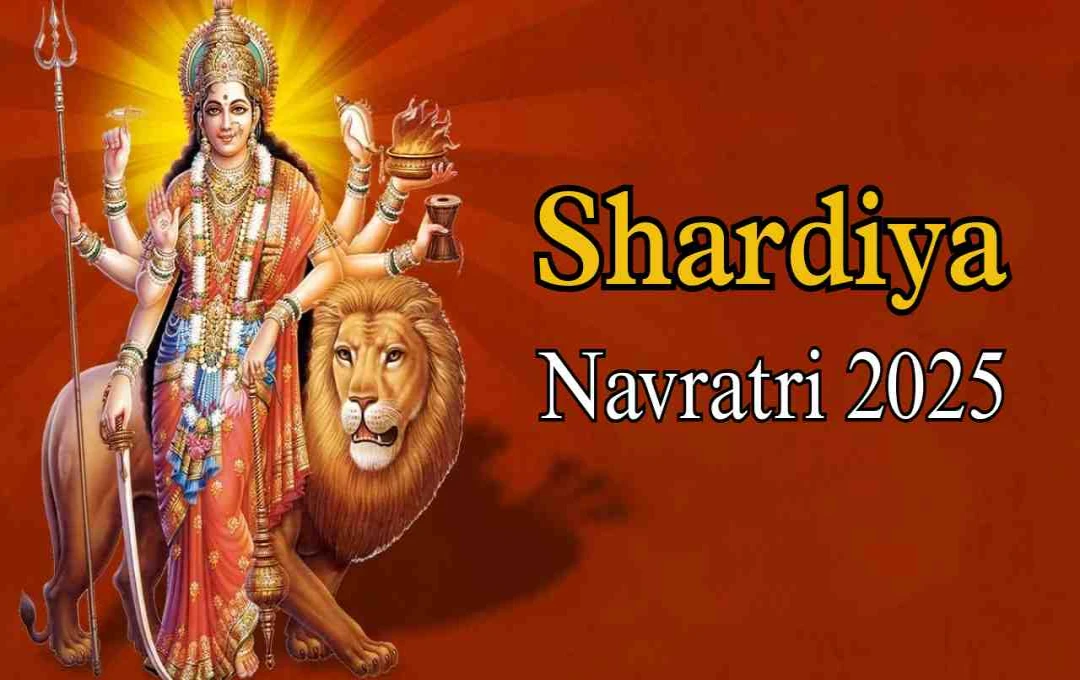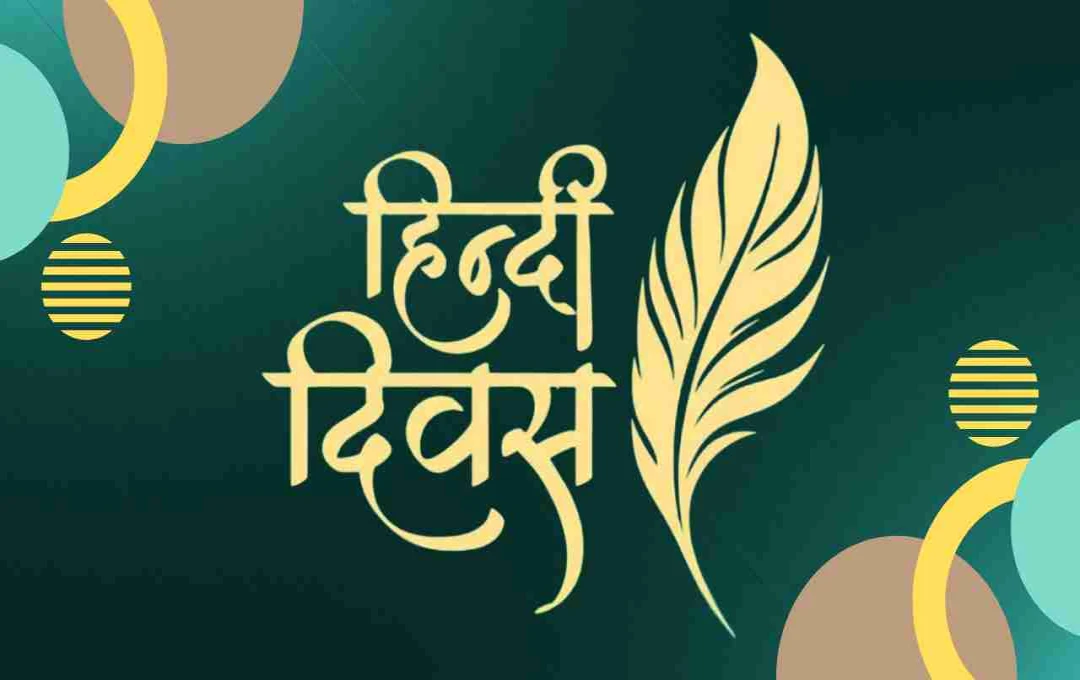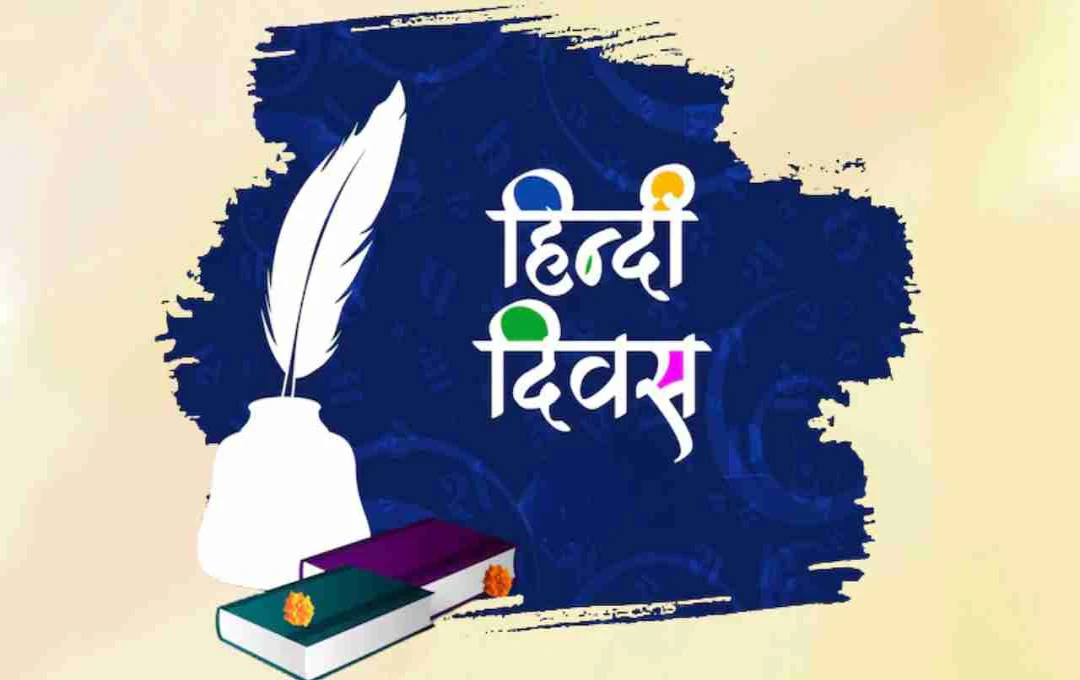During Navratri, Havan or Yagna holds special significance. It is not just a religious ritual but is considered a powerful means to bring positive energy, prosperity, and peace to the home. Performing Havan on Ashtami and Navami days helps in receiving the blessings of Goddess Durga and eradicating negative energy from the family.
Navratri Havan Significance: Havan is considered an essential religious ritual during the nine-day festival of Navratri, performed to bring peace, tranquility, and prosperity to the home. This festival is celebrated across various parts of India every year, starting from Pratipada of the Ashwin month and lasting for nine days. Devotees worship the nine forms of Maa Durga, observe fasts, and perform Havan to ensure positive energy in the home through her blessings, fulfill their wishes, and maintain love, peace, and harmony within the family.
Religious Significance of Havan in Navratri
Through Havan, offerings and oblations are sent to deities. In Hinduism, fire is considered the mouth of the gods. It is believed that offerings made into the Havan Kund, such as ghee, Havan samagri (sacred herbs), and flowers, reach the deities directly. Performing Havan during Navratri is considered essential to please Maa Durga and other gods and goddesses.
Chanting mantras during Havan generates a special energy. This energy destroys negative forces in the home and surroundings, promoting happiness, peace, and prosperity. Devotees believe that Maa Durga, pleased by the Havan, fulfills all wishes and bestows blessings of happiness and prosperity upon their lives.
Destruction of Negative Energy in the Home
The fire of Havan and the chanting of mantras destroy negative energy, fear, and evil forces in the home. This not only provides spiritual benefits but also helps in bringing peace, love, and harmony to family life. Navratri Havan creates a positive atmosphere in the home and family, energizing all members with enthusiasm and collective spirit.
Furthermore, through Havan, an apology is sought from the Goddess for any mistakes or errors. It is believed that this act ensures the complete fruit of the worship is attained, and all religious rituals become complete and effective.
When should Havan be performed?
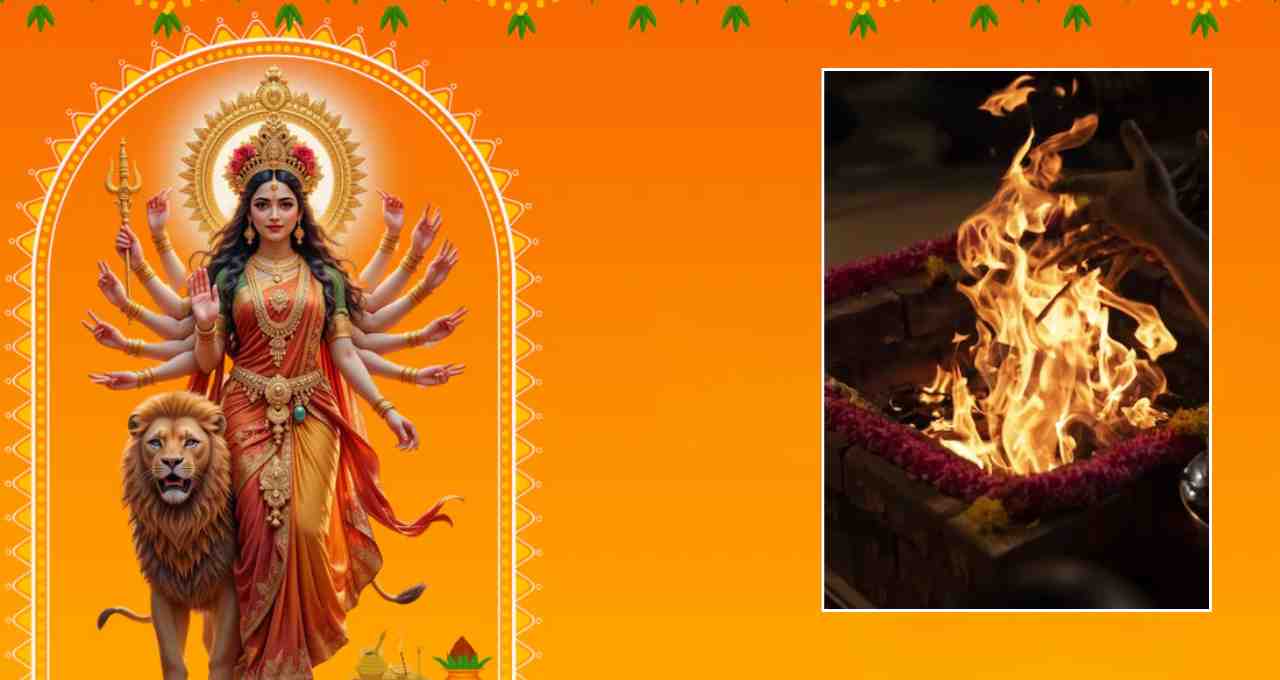
For performing Havan during Navratri, Ashtami (Durga Ashtami) and Navami are considered the most auspicious days. Performing Havan and Kanya Pujan on Maha Ashtami yields special benefits. Many devotees perform Havan and break their fast on Navami. According to scriptures, the Navratri fast is considered incomplete without Kanya Pujan and Havan.
Another significance of performing Havan on Ashtami and Navami is that during this time, the special forms of Maa Durga, Ashtabhuja and Durga Swaroop, are worshipped. Through Havan, blessings from these forms are received, bringing prosperity, health, and happiness to the home.
How to perform Havan and essential materials
For Navratri Havan, a Havan Kund, ghee, Akshat (rice), flowers, incense, camphor, and Havan samagri are required. The Havan Kund is set up on a platform or a clean spot at the worship area, covered with a red cloth.
First, perform Aachaman (ritual sipping of water) and take a vow with water in hand. Then, put ghee into the Havan Kund, light the fire, and offer oblations while chanting mantras. Worship the nine forms of Maa Durga ritually. First, worship Lord Ganesha to prevent any obstacles in the Havan. Lighting 11, 21, or 51 lamps during Havan is considered auspicious.
Devotees should ensure that all materials are pure and the worship area is clean and tidy when performing Havan. Chanting mantras regularly and correctly during Havan increases its effectiveness and infuses positive energy into the home.
Benefits of Havan and Fulfillment of Wishes
Havan not only provides spiritual benefits but is also considered a means to fulfill wishes. Through specific mantras and oblations, Maa Durga is pleased and bestows happiness, prosperity, and well-being upon the lives of her devotees.
Havan destroys negative energy and evil forces in the home. It helps in bringing peace and love to family life. It infuses collective energy among household members, increasing enthusiasm, faith, and harmony in everyone.
Navratri Havan and Kanya Pujan
On Ashtami and Navami, performing Kanya Pujan along with Havan is considered auspicious. Feeding young girls (Kanyas), dressing them in clean clothes, and honoring them is religiously beneficial. Breaking the Navratri fast after Havan and Kanya Pujan is considered to complete the fast.
Through Havan and Kanya Pujan, the blessings of Maa Durga are received, bringing happiness, prosperity, and well-being to the home. This tradition is also mentioned in the scriptures and is counted among the most important rituals of Navratri.
Points to note during Navratri Havan
- Pay special attention to the cleanliness of the house and the purity of the worship area while performing Havan.
- Chant mantras correctly and regularly during Havan.
- Use clean and pure materials for offering oblations.
- Ensure sufficient quantities of ghee and other materials in the Havan Kund.
- Keep your mind and focus concentrated during Havan.
Following all these precautions makes the Havan more effective and fruitful.
